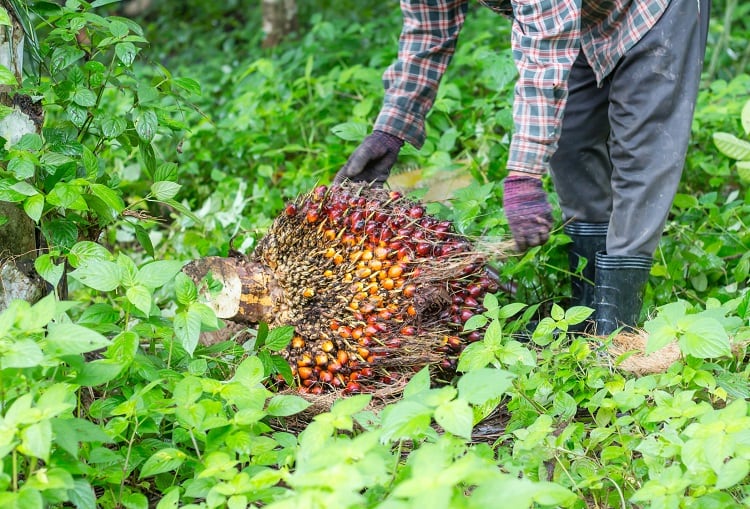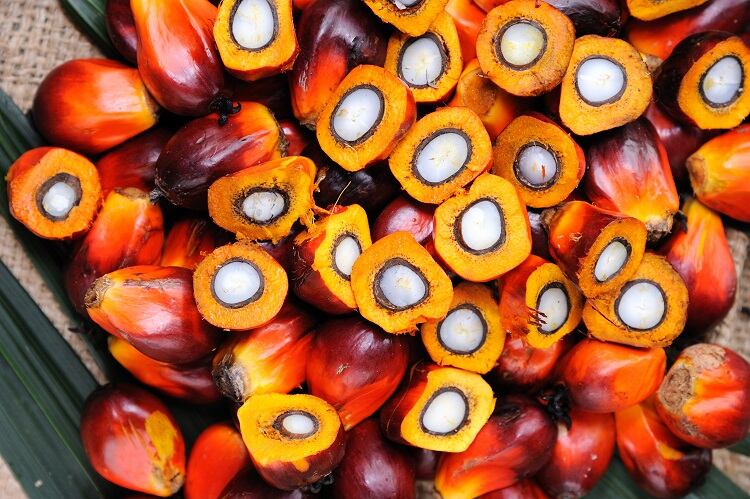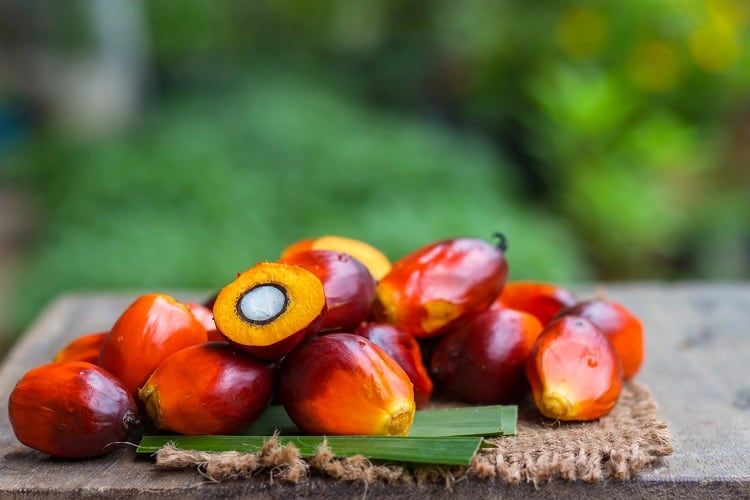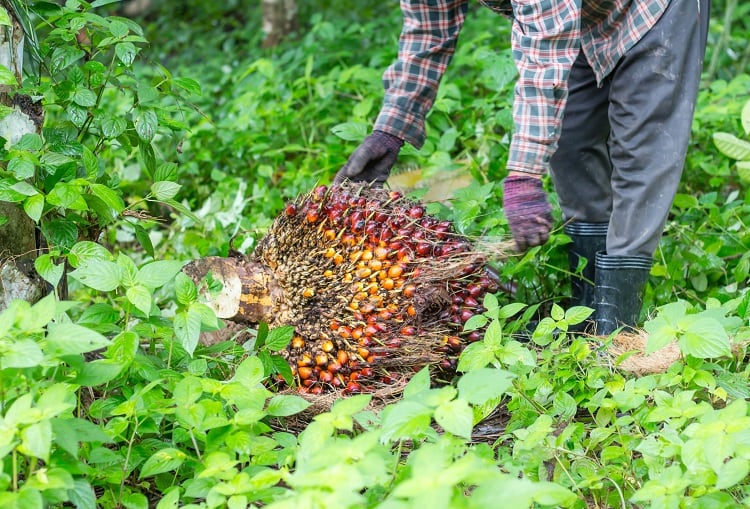Industry commitments to purchasing sustainable palm oil have increased in recent times, as consumer demand grows for deforestation-free commodities.
In Europe, which is regarded one of the more developed markets in terms of achieving a sustainable palm oil supply chain, a significant number of companies have pledged to buy 100% sustainable palm oil.
As a result, the majority of palm oil used in the European food market is already certified. However, 40% of palm oil used in food and non-food products is not.
So how can we build on this figure to reach 100% in Europe? The European Palm Oil Alliance (EPOA) suggests enforcing mandatory due diligence measures across the bloc.
“If the European Commission is serious about stopping deforestation linked to imports into the EU, then we need EU-level measures,” EPOA chair Frans Claassen told FoodNavigator.
Creating a ‘level playing field’
Dutch-headquartered EPOA is an alliance of companies and organisations committed to the use of 100% sustainable palm oil in Europe.
“Mandatory due diligence could be based on already implemented voluntary due diligence,” said EPOA’s chair. The six steps defined by the Organisation for Economic Co-operation and Development’s (OECD) due diligence guidance for responsible conduct, for example, could be used as a foundation.
“EPOA believes in a level playing field in Europe as all companies in the supply chain need to comply with the same measures.” – European Palm Oil Alliance chair Frans Claassen
A level playing field would mean that all actors in the supply chain would need to face the same regulatory measures, whether they be suppliers, traders, distributors, or FMCG brands. Only then, will the market be able to change, Claassen continued.
“We believe that regulatory measures are the way forward to push all supply stakeholders to do the right thing.”
Where does third party certification fit in?
There are different ways businesses can prove due diligence. Third party certification, such as that offered by the Roundtable on Sustainable Palm Oil (RSPO), can play an important role in this regard, suggested the EPOA chair.
“Schemes like RSPO have acquired an important knowledge and expertise over the years. In our opinion, we should incorporate third party certification to prove due diligence. The advantage of such schemes is that they do not only cover zero-deforestation but also social issues – such as zero exploitation.
“Regulatory measures should and can be built on the successes and experience of certification schemes like RSPO.”

Penalties for non-compliance
Enforcing EU-wide due diligence regulations begs the question: how would businesses be penalized for non-compliance?
The majority of palm oil imports into European palm oil refineries is certified sustainable and traceable to the mill. Indeed, by 2018, already 83% of the palm oil imported for food in Europe by European refiners was certified palm oil. Therefore, presumably the majority of businesses in the sector would pass due diligence checks.
However, of all the palm oil imported into Europe, EPOA sees ‘only a part’ sold as such to FMCG and retail.
Therefore, the alliance welcomes a constructive dialogue on how to shape these due diligence measures. “It is important that all players across the supply chain take their responsibility and implement their commitment of 100% sustainable palm oil in Europe in 2020.
“Due diligence will push all supply chain actors to identify risks, develop mitigation plans and report on progress. We believe that

implementing regulatory measures will push the laggards in the food industry and retail to do the right thing.”
Further down the supply chain
There is only so much that can be done from afar, and EPOA acknowledges that sustainable deforestation-free production can only be achieved when good governance in palm oil producing countries is in place.
“EU regulatory measures only cover our own imports,” Claassens stressed. “What we need is full sustainable palm oil production worldwide.”
However, regulatory measures should be introduced in a ‘positive manner’ to promote sustainable production and trade, he continued, and not to be used as an ‘instrument of protectionism’ or a ‘non-trade barrier’ and should prevent the increase of administrative burdens.
“EU policies should support and implement programmes to improve good governance and smallholder support in producing countries.”





